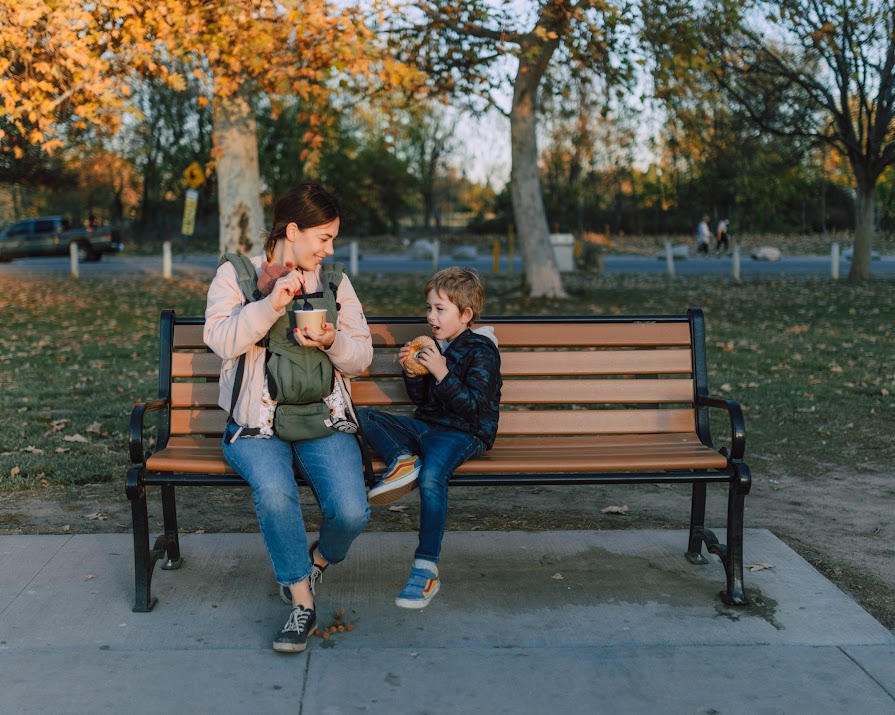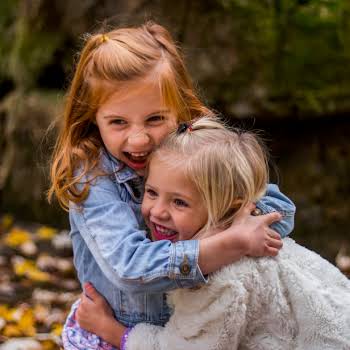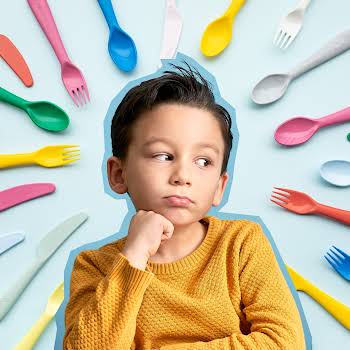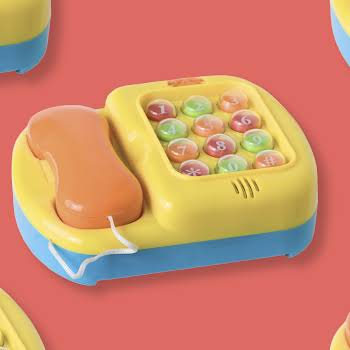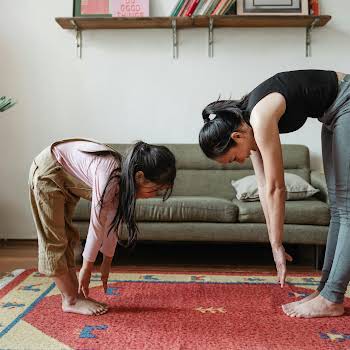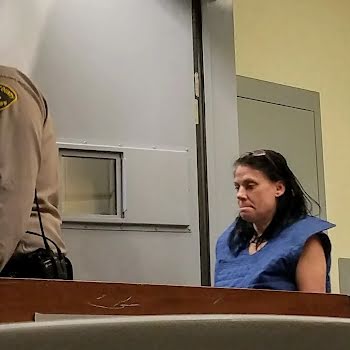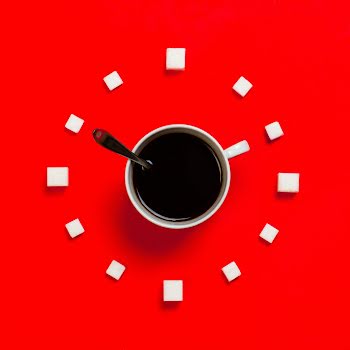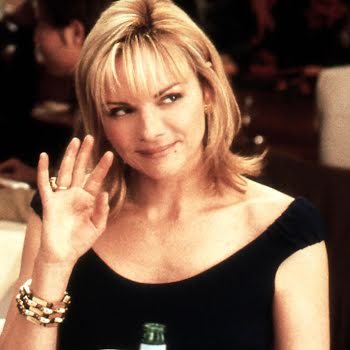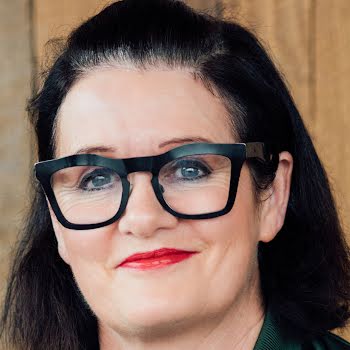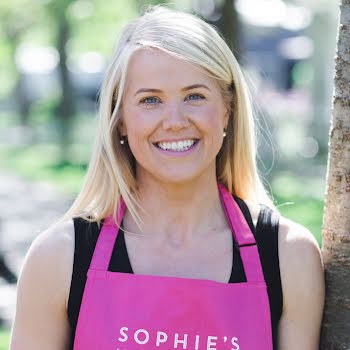
This simple acronym has the power to defuse tricky parenting situations
By IMAGE
22nd May 2022
22nd May 2022
Want to help your child handle big emotions? Try the HALT technique, writes clinical psychologist and parent guide, Dr Julie Meehan.
Information overwhelm — yet another offshoot of modern parenting, and modern life.
The information explosion about how to be an amazing human being and how to parent amazing human beings can be at once dazzling and bewildering.
It’s easy to get lost in the matrix of data that beeps and whirls around most of us, most of the time. Unless you have buried all your devices in the garden and have decided to parent like it is 1999. In which case, you won’t even be reading this…
As much as I would like to perform a device burial ritual in the garden at times, the reality is that as a parent, and as long as I choose to be plugged in, I need to find a way to be OK with managing the parenting information that comes my way.
What’s more, as a psychologist and parent guide, I see it as my responsibility to ensure that any information that I put ‘out there’ is not going to flood or overwhelm your system, or induce feelings of guilt, a theme that I explored in my last piece.

What I’m for
A great reframe for working with the mind — rather than letting the mind work us — is focusing on what we are for, rather than what we are against.
So, in this information overloaded era, I am all for sharing easily digestible and empowering nuggets of wisdom, direct experience or easily translatable concepts and practices from robust scientific research that you can take, and run with, now.
A good acronym
That’s why I love a good acronym that reminds me to approach how I am relating to my children, and myself, in a more empowered and lighter way. A reminder, if I can apply it, that may potentially have the power to defuse a really tricky and triggery situation with my children. And possibly transform it.
The acronym HALT, which doctors Dan Siegel and Tina Payne Bryson propose in their book, No Drama Discipline, is one of those. They suggest that when big emotions happen, or some difficulty shows up in how your child is relating to themselves and others, including you, ask yourself the following:
‘Is my child feeling: Hungry? Angry? Lonely? Tired?’
Unpacking HALT
At first glance, these questions may not seem particularly earth-shattering. After all, we all know the ‘hangry’ phenomenon and how it converts reason into insanity — nothing new there.
Loneliness: not a pleasant experience, it makes sense that this might be impacting on my child’s emotional experiences. Tiredness? Well — yawn — obvs.
So, what’s so powerful about HALT? Three things:
The brain is in a state of non-integration
When we experience any of these states, our brain is functioning sub-optimally. The brain functions at its best — which means we and our children are at our best — when its different parts are carrying out their functions independently of each other and they are also in communication with each other.
This is called brain integration. A bit like a well-functioning sports team: each player plays in their position and they effectively communicate with other teammates to get the job done.
If any of the following scenarios occur, the team ceases to function at its optimal level: team members take over and play all the positions on the pitch, or they rigidly stick to their position with no flexibility, or they communicate too much or don’t communicate at all. Not a winning formula.
Likewise with the brain: our brains become non-integrated when the different parts are either being flooded and overwhelmed, or there is not enough connection happening. Which is what happens when we are hungry, angry, lonely and tired.
Loneliness: the misunderstood state
Before I share with you how we can move back into brain integration, I want to give some air-time to the ‘L’ in our acronym. Loneliness. We may see loneliness as meaning that we are alone, or we are not receiving enough attention, but loneliness also points to those times when we don’t feel seen, understood or validated in some way.
A scenario that shows up frequently for so many of us: we are arguing our point, but it goes unheard; we are naming something but it is not recognised; we are expressing our difficult emotions in the best way we know how, but we have not been seen.
We are struggling, but our experience is not being validated. When these scenarios happen, we feel a disconnect between ourselves and the other person, and we feel a disconnect within ourselves.
When disconnection happens, our brains have gone into a non-integrated state. We can become frustrated, irritable, angry, enraged or we withdraw, hide away, become small.
When big emotions are showing up for our children or they are struggling to relate to us in an optimal way, it may be because they are feeling unseen, unheard or unvalidated. They may be feeling lonely, even in the middle of an argument, even amongst all the noise.
Connection integrates
When you find yourself in a tricky situation with your child, stopping or ‘halting’ to ask yourself the HALT question allows you to self-connect. This movement allows you to give yourself enough time to allow the brain to integrate a bit more and ask about the why behind the behaviour: what is driving my child’s behaviour? Answer: the brain is not integrated.
When you take a good guess at the why, you can approach things differently. You can seek to support brain integration once more and you can respond to your child’s needs in a new way.
The great thing is that connection works for any of these states because we know that when we connect with others, it releases feel-good neurochemicals in the brain that help us to feel calmer.
It just might show up a bit differently: connecting with your hungry child looks different to connecting with your child who feels angry. With anger, you may need to take a step back and not respond, or bite your tongue until the anger defuses.
But this too is a form of connection: you are responding to their needs by giving them time to reconnect with themselves. Then you can connect in a more direct way with them.
Connection may show up differently depending on the state, but connection always feels like connection. Because our brains feel it, and start to integrate once more.
Which is always good.
Give it a go
In the dance of being a parent this week, if big emotions or difficulties show up in how your child is relating to themselves, others or you, give the following a go:
Stop to self-connect: Take that micro-moment of a pause to come back into yourself. You will need it for the next step.
HALT: Ask yourself, ‘What’s the why behind this show of emotion?’ This can be a difficult question to ask yourself if your brain is in a non-integration state, so if you are finding it too hard, it’s totally OK, just go back a step, and repeat until you feel more self-connected. ‘Is my child (of any age, by the way) feeling Hungry, Angry, Lonely, Tired?’
Best guess, best response: Taking your best guess at how they are feeling allows you to know how best to respond: remember, you may get it wrong (we all do!), but you can take your best guess.
Connect: Remember, connection can look different depending on what you sense is going on. If you think your child is feeling lonely, connection might look like pausing and letting go of your position (hard, I know), and asking them do they need a hug.
Ask: Depending on the age of your child, you can always ask them, in a curious, wondering kind of way.
Work in progress: Remember, this is all a work in progress – the getting it right, getting it wrong and seeking to get it right again with our children – the ongoing dance of being a parent.
© Julie Meehan 2022
Dr Julie Meehan is a clinical psychologist, parent guide and (imperfect) parent.
Dr Julie has developed an evidence-based, step-by-step pathway for parents to follow that guides you to create more connected and trusting relationships with yourself and your child, allowing you both to meet and grow from life’s challenges, and to thrive.
You can follow The Pathway Home for Parents through Online Self-study Courses, Live Programmes and through Dr Julie’s One to One Parent Guidance Packages on www.juliemeehan.com.
Join Dr Julie for a Free Webinar for parents of children aged 4-18 years on Befriending Big Emotions: 3 Steps to Emotional Balance for You and Your Child. To learn more and to register go to www.juliemeehan.com/befriendingbigemotions











